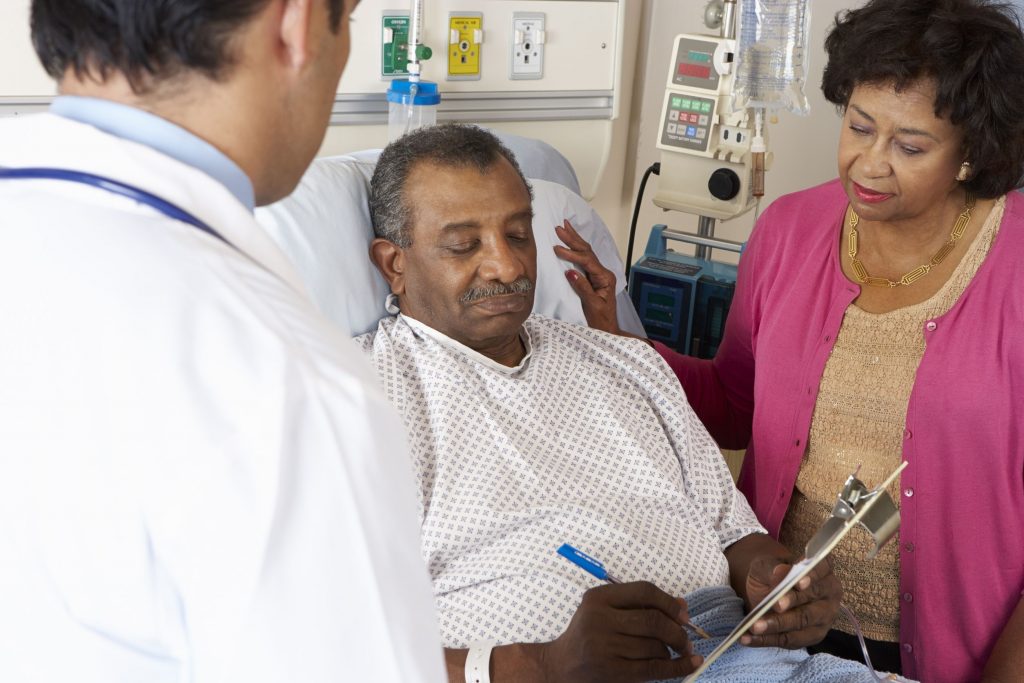
According to the U.S. Centers for Disease Control and Prevention (CDC), about one in 25 hospital patients has a healthcare-acquired infection (HAI). HAIs are infections that are contracted in a hospital or another healthcare setting.
Hospitals can often prevent HAIs by simply following the most basic patient safety rules, such as proper handwashing. In fact, research has shown that a 70% reduction could be achieved if hospitals simply implemented the existing prevention practices. Meanwhile, there are some things that you can do to protect yourself.
Be Involved in Your Own Care
Too many patients still believe that doctors and nurses know what’s best and should not be questioned. Don’t be one of those patients. Ask questions, be informed, and insist on proper care. The majority of doctors and other healthcare professionals encourage patients to be active participants in their healthcare. Speak up:
- Ask your doctors what they are doing to prevent surgical site and other post-operative infections.
- Ask if there is anything you can or should do prior to surgery to reduce your risk of infection.
- Ask about the symptoms of post-surgical infection.
- If you experience symptoms or suspect infection for any reason, tell your doctor right away.
- If you have a catheter, ask if it can be removed, every single day.
- If you are to take an antibiotic, ask if you will be tested to determine which antibiotic will be most effective for you.
- Tell your doctor if you have diarrhea three or more times within a 24-hour period. This is even more important if you are taking antibiotics.
- Insist on handwashing. Do not let anyone touch you without cleaning their hands first.
HAI is acquired in a healthcare setting but may not display symptoms until you have gone home. If you have been harmed by HAI or what you suspect was HAI, please talk to a medical malpractice attorney right away. You may be entitled to compensation for your extra medical bills, lost income and more. Download our Hospital Safety eBook to learn more about how to avoid HAI and other hospital mistakes.















